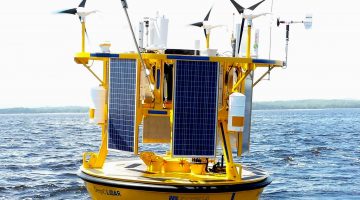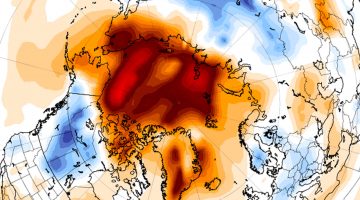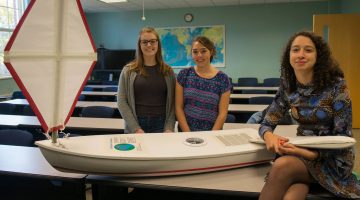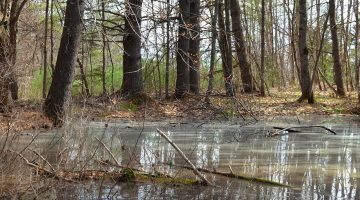Maine Sea Grant recognized for seaweed aquaculture outreach, research
The National Sea Grant Extension Assembly selected Maine Sea Grant as the recipient of the 2016 Superior Outreach Programming Award, presented at the biennial meeting of the National Sea Grant Network on Oct. 13 in Newport, Rhode Island. Sarah Redmond, former marine Extension associate with Sea Grant and University of Maine Cooperative Extension, received the […]
Read more



